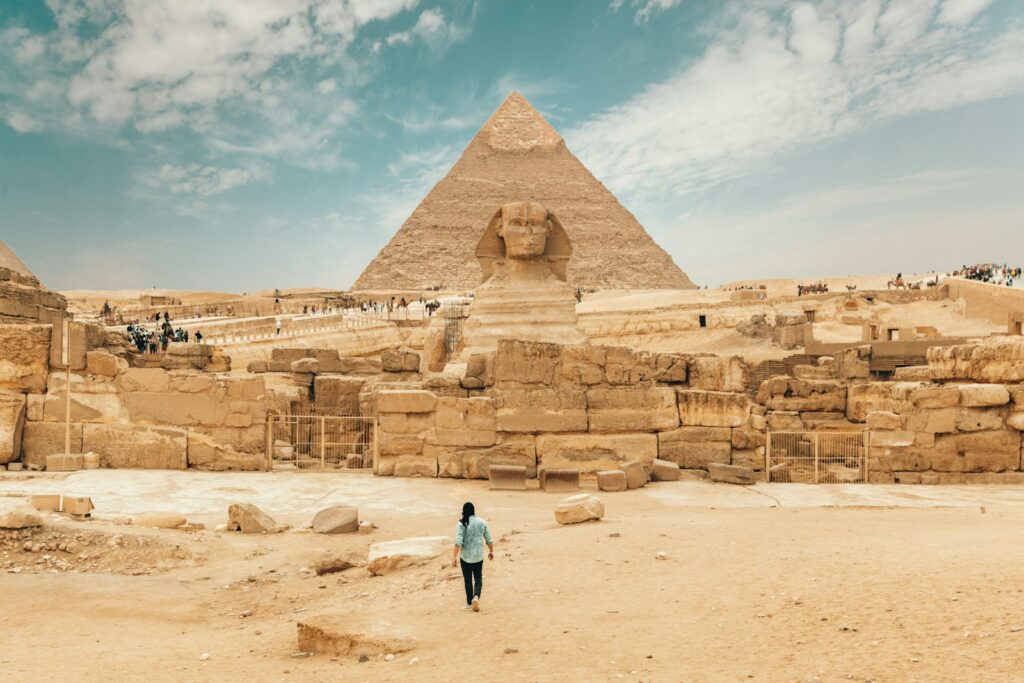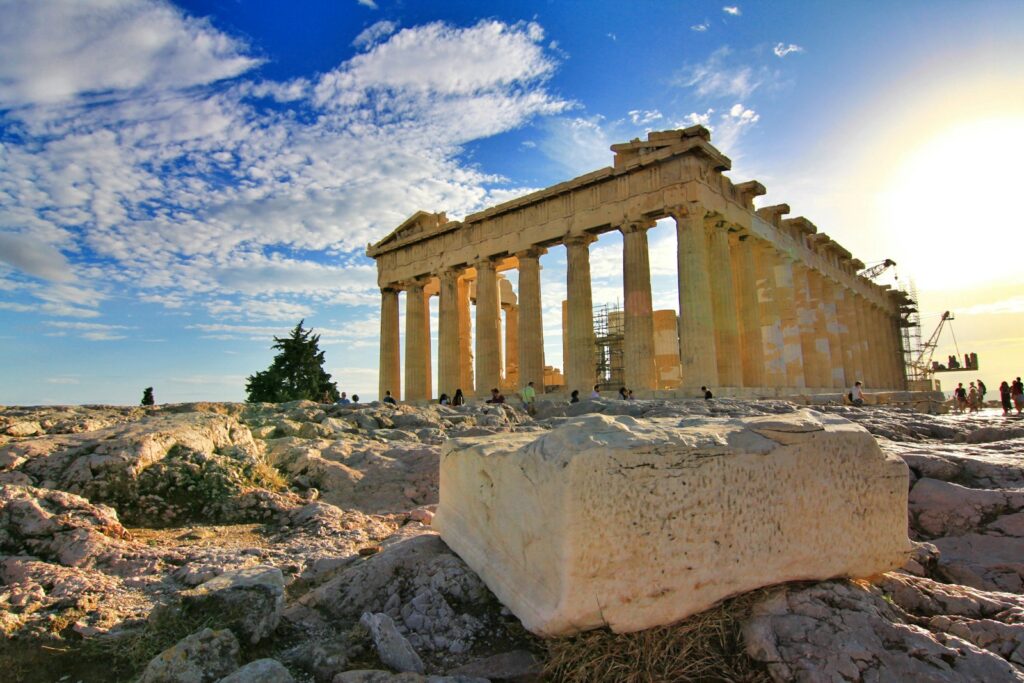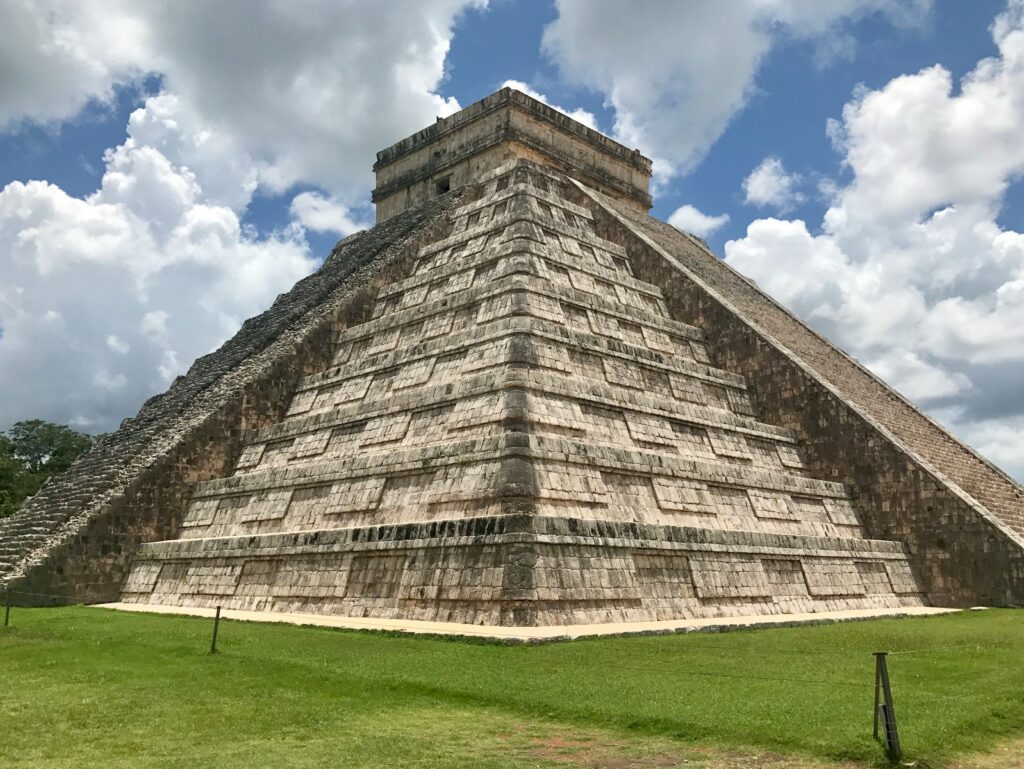Mysteries of Ancient Civilizations: In the vast tapestry of human history, ancient civilizations stand as enigmatic landmarks, shrouded in the mists of time yet resonating with echoes of the past. From the majestic pyramids of Egypt to the awe-inspiring temples of Angkor Wat, these ancient societies have left an indelible mark on the world, shaping the course of human development and inspiring wonder and fascination in equal measure.
The Origins of Civilization
At the dawn of human history, our ancestors embarked on a remarkable journey of discovery and innovation. The earliest civilizations emerged in fertile river valleys, where abundant resources and favorable conditions provided fertile ground for the growth of complex societies. Mesopotamia, nestled between the Tigris and Euphrates rivers, witnessed the rise of Sumerian city-states, laying the foundation for urban life and governance.
Egypt: Land of Pharaohs and Pyramids

In the land of the Nile, ancient Egypt flourished as one of the most enduring civilizations in history. From the grandeur of the Great Pyramids at Giza to the enigmatic hieroglyphs adorning temple walls, Egypt’s legacy continues to captivate the imagination of people worldwide. The Pharaohs ruled as divine monarchs, their power symbolized by colossal statues and elaborate burial tombs designed to ensure eternal life in the afterworld.
The Glories of Greece and Rome

In the crucible of the Mediterranean, the ancient Greeks and Romans forged empires that left an indelible mark on Western civilization. The intellectual and artistic achievements of ancient Greece, from the philosophy of Socrates to the dramas of Sophocles, laid the groundwork for the flowering of classical culture. Meanwhile, the Roman Empire expanded across continents, leaving a legacy of law, engineering, and governance that continues to shape modern society.
The Splendor of the Maya and the Aztecs

Far across the Atlantic, in the dense jungles of Central America, the Maya and Aztec civilizations rose to prominence, building vast cities and monumental structures that rivaled their counterparts in the Old World. In the heart of the Yucatan Peninsula, the Maya erected towering pyramids and observatories. Their advanced understanding of mathematics and astronomy was reflected in intricate calendars and celestial alignments. Meanwhile, the Aztecs built their capital city of Tenochtitlan on a marshy island in Lake Texcoco, creating a marvel of urban planning and engineering.
Unraveling the Mysteries
Despite the passage of millennia, many aspects of ancient civilizations remain shrouded in mystery, tantalizing historians and archaeologists with unanswered questions. From the enigmatic collapse of the Mayan civilization to the secrets hidden within the chambers of the Great Pyramid, each discovery offers a glimpse into the lives and beliefs of our ancient ancestors.
In Conclusion, Exploring ancient civilizations is a journey through time, a voyage of discovery that allows us to connect with the past and gain insight into the complexities of human culture and society. From the towering monuments of Egypt to the intricacies of Maya calendars, each civilization offers a unique window into the richness and diversity of the human experience. As we unravel the mysteries of the past, we enrich our understanding of the present and chart a course for the future, guided by the lessons of those who came before us.
FAQs About Mysteries of Ancient Civilizations
1. What is the oldest known civilization?
The oldest known civilization is often considered to be the Sumerian civilization, which emerged in Mesopotamia around 4000 BCE.
2. How were ancient civilizations able to build such impressive structures without modern technology?
Ancient civilizations utilized a combination of ingenuity, labor, and sophisticated engineering techniques to construct monumental structures. They often employed methods such as quarrying, hauling, and precise craftsmanship to achieve remarkable feats of architecture.
3. Why did ancient civilizations collapse?
The collapse of ancient civilizations can be attributed to a variety of factors, including environmental degradation, warfare, political instability, and economic decline. In some cases, a combination of these factors led to the downfall of once-thriving societies.
4. What role did religion play in ancient civilizations?
Religion played a central role in the lives of ancient civilizations, shaping beliefs, rituals, and societal structures. Many ancient cultures worshipped gods and goddesses, whose favor was believed to be essential for ensuring prosperity, fertility, and protection.
5. How do ancient civilizations influence modern society?
The legacies of ancient civilizations continue to influence modern society in numerous ways, including language, law, architecture, philosophy, and religion. Concepts and innovations developed by ancient cultures have been passed down through generations, shaping the cultural landscape of the present day.






